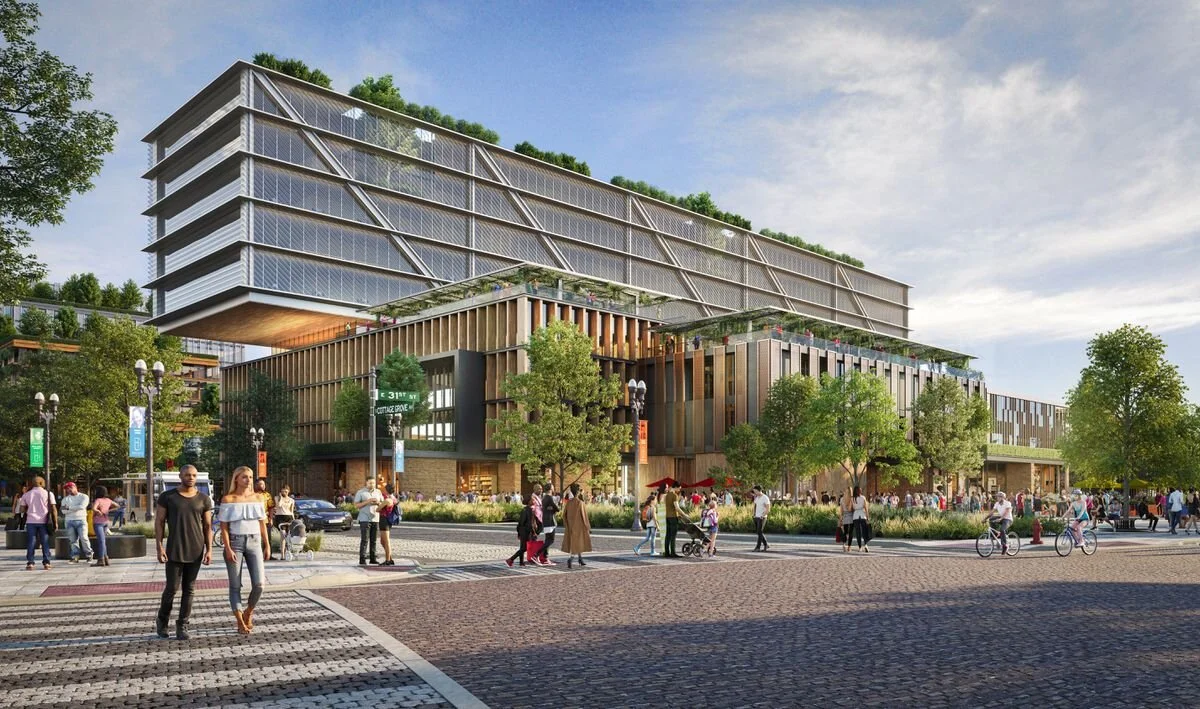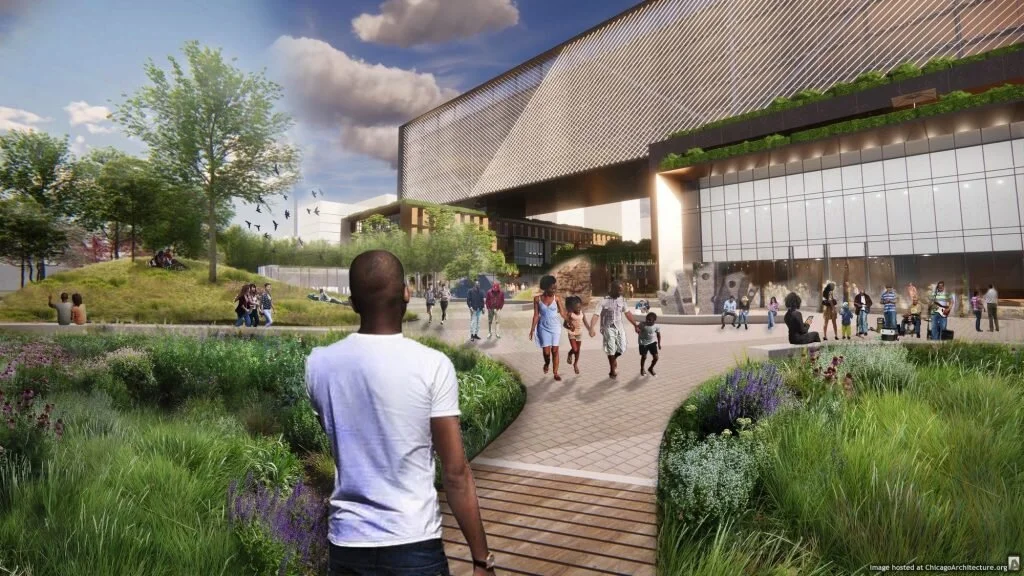Few consider Chicago to be a leader in the field of life sciences. Harsh? Perhaps. But can that be changed? Definitely. So say Ken Bahk and Bob Chib, co-founders of Kaleidoscope Health Ventures, an economic development firm in the life science and healthcare fields.
But they say it’s not by Chicago becoming more competitive, but rather by being more of a community, that will get the city—and the Midwest—there
Chicago is the best of cities…and sometimes not the best of cities. Perhaps the darkest data point is the disparity of nearly 30 years of life expectancy depending on where someone lives in the metro area.
Ken Bahk holds degrees in Neurobiology, Physiology, Molecular Biology, Finance and Strategy and has worked in organizations ranging from incubators to global enterprises in life sciences and healthcare fields. Bob Chib holds degrees in biological sciences and business, and has had a wide range of positions in pharmaceutical and life sciences industries—both in U.S. and international healthcare markets. Both left their prior posts to start Kaleidoscope with a vision for health equality and “health as a neighborhood.” They are passionate about science, about community and about health equality, which has become a major tenet of their business. But it’s the convergence of these things that uniquely defines the business.
In this past year the Kaleidoscope team has been heartened by innovations in the vaccine development process in response to the COVID-19 pandemic. To them, this has been a demonstration of the amazing potential of collaboration on a world stage and across disciplines.
It has long been said that investor dollars dictate where life science clusters thrive, and that the coasts dominate the field. But why can’t Chicago also thrive (and other cities in the midwest), with its large talent pools, world-class universities and hospitals and vibrant entrepreneurial communities? Kaleidoscope believes that it can all come together with just a little more infrastructure. For example, the addition of more wet lab space has the potential to catalyze the transformation.
And although the spirit of their work is focused on bringing healthcare to communities, it is to be an economically sustainable community, too. That’s why they introduced Sheba Medical Center of Tel Aviv into the partnership. Sheba is a top-ten world hospital with proven life science innovations in search of new markets. Chicago fits the bill perfectly.
As the name suggests, Kaleidoscope is a lens through which a unique convergence of many disparate elements can be seen in new ways and relationships to each other. These are the key life science and healthcare elements rotating into place in Chicago, beginning at the center with a health and wellness innovation hub anchored by Sheba Medical Center in the first phase of the Chicago South Side Bronzeville neighborhood. (It’s a redevelopment of the former Michael Reese Hospital). The project is being developed by GRIT, which is a joint venture of Farpoint Development, Bronzeville Community Development Partnership, Chicago Neighborhood Initiatives, Draper & Kramer, Loop Capital and McLaurin Development, in partnership with Kaleidoscope Health Ventures.
Ken and Bob will provide a far more human and elevated description of the Sheba Med Center at the Micheal Reese site, and the vision for Chicago’s health community, as panelists at the upcoming ULI webinar:
ULI Chicago Webinar | Project Deep-DiveBronzeville Lakefront
April 22, 2021
Torque has long viewed communities as key components of commercial real estate developments of all types. Yes it could be said that it’s part of the old adage about location. However, in the last few years the ‘amenitization war’ may have skewed the focus towards the properties themselves and their appointments. But in the end it takes a community to bring real value to property and nowhere else is it more clear than with life sciences clusters. We believe Bob and Ken and Kaleidoscope are the ones to watch as they draw on the potential of international collaboration to elevate Chicago to leadership status in health equality through community.


